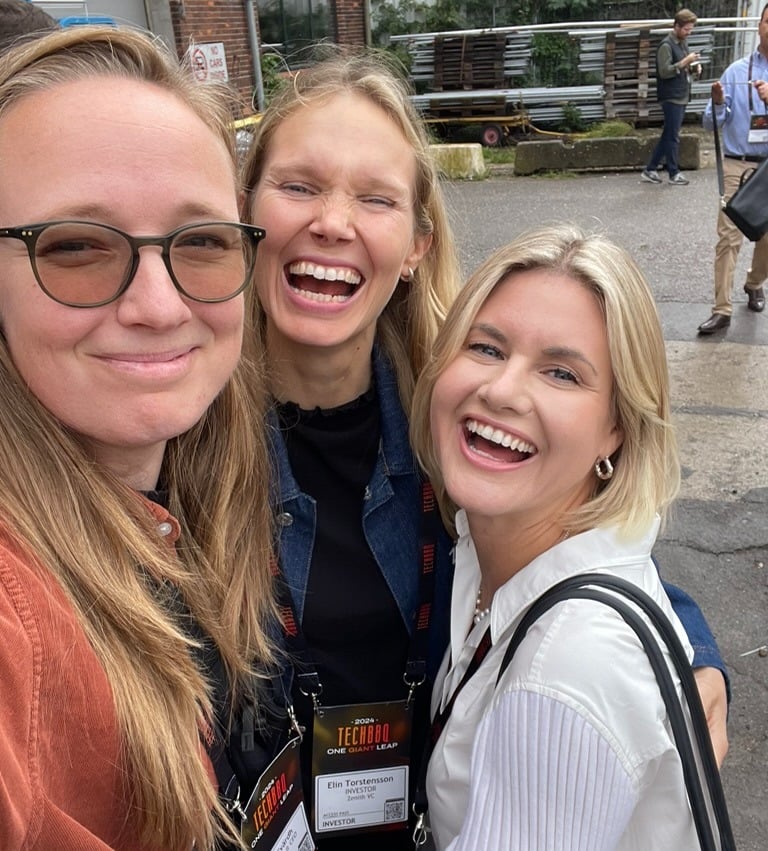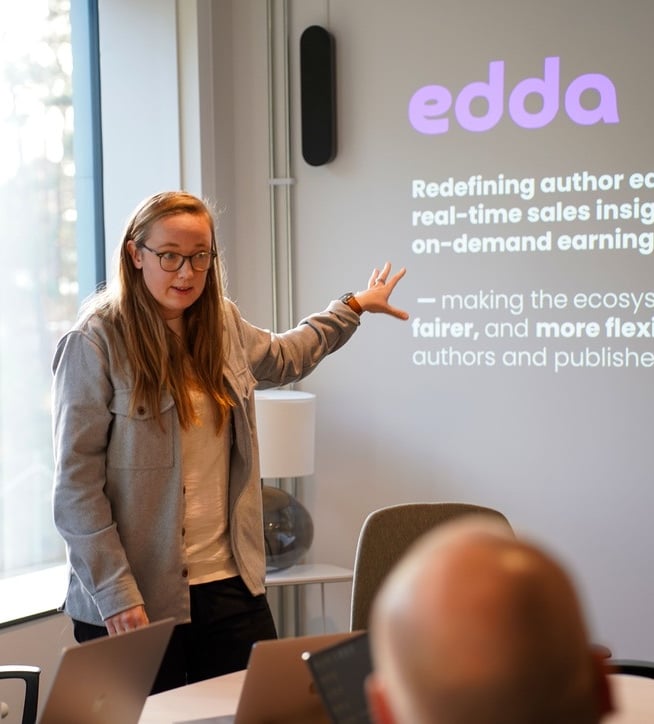✨ Now available for authors and publishers — sign up today
Our CEO Sofia reflects on raising capital as a non-AI hype company (... but yet an AI company?!)
We raised investor capital without ever pitching — and without framing ourselves as an “AI company.”
Sofia Svärdh
4/10/20255 min read
Earlier this week, a Breakit article went live where I'm briefly quoted about our recent capital raise for Edda Pay. The piece is part of a great broader story about how hyped AI companies seem to have money thrown at them, while everyone else continues to face a much tougher fundraising climate.
Since the article includes only a short snippet of my experience, I wanted to take a moment to share a fuller, more personal reflection.
So, is Edda then not an AI company?
The article frames Edda as a “non-AI” company that managed to raise capital. And so do we internally, in our identity and communication. But that made me pause and reflect on the definitions - because technically, our product is built on machine learning (ML) which is part of the AI umbrella.
According to most definitions, we would fall under the term AI-company. We integrate ML to help publishers and authors understand and act on their data in smarter ways. But when people talk about “hyped AI companies” in today’s funding climate, my take is that they often mean something else.
They mean either 1) the builders (those developing foundational models like OpenAI or Mistral) or 2) the enablers (infrastructure, agents, monetization layers).
But then there's a third category - where I’d place us. Companies that use AI as a powerful component within a broader problem-solving product.
"Edda is AI-powered, not AI-centric."
For us, AI is an enabler, but it’s not our core story. And we want to keep it like that.
Edda is AI-powered, not AI-centric.
One investor even thanked me for specifying “ML model” when talking about our product instead of just throwing around “AI.” He said he was so fed up with that. That stuck with me. Clarity matters.
So in our case, the story in our fundraising and in general is the value we bring - not the buzzword of the month.
What I thought fundraising would be like and what it actually was
From the point of deciding that the investor capital route is the journey we want to take with Edda, which was almost a year before we would need to actually have the money, I set myself up for a tough journey ahead. I was told I need to perfect a killer pitch, send out hundreds of cold emails, "open the round" at a certain point and brace for intensity and rejection.
What happened instead surprised me.
Let’s break it down.
Spoiler alert: I never pitched
People would ask me, “Is the round open now?” and I remember thinking, I honestly don’t know what that means.
Our journey was truly a natural network forming, trust compounding over time, a series of conversations that began to crystallise into real partnerships.
And this brings me to the second part of my answer to the earlier question; from the point that could potentially be seen as our opening of the round - when we knew how much we wanted to raise - to actually getting the money in our bank account - it took maybe two months. And this was the more challenging part.
Turning the relationships into the right kind of investment - with aligned terms, values, and long-term thinking. I had to learn to say no to money. I had to really trust my gut. And I had to learn that not all interest is equal.
I honestly don’t know what opening a round means
When someone asks me how long it took, I give a two-part answer, first part being; in one way it took a year. I'll get to the second part in a bit.
We were fortunate to manage to create a significant interest from investors really early on. So before we even knew how much capital we would raise, we had already started initiating relationships with potential investors.
During that year, we met with around 60 investors.
And here’s the first surprise; not a single meeting included me running through a deck and doing an actual pitch. Instead, much to my personal liking, it was conversations - iterative, relationship-based, and exploratory.
And the process from those conversations so naturally turned into a slow build - the journey didn’t at all look like I thought it would, with a clear opening and closing.
But what about the buzzwords?
The big one, of course, was AI.
In nearly every investor meeting, the topic came up. Not because we’d framed ourselves as an AI company, but because everyone wanted to understand how we think about it, how it fits into our technology, and how we use it day-to-day.
That our product integrates and utilizes ML was just one piece. The other was how we work efficiently - leveraging tools that exist today. The development landscape is different now for instance. We can move faster and accomplish more with a small team by using AI-assisted coding, where just a few years ago we might have needed a much larger engineering team to reach the same result. And this, investors wanted to see.
But the true buzzword jungle didn’t come from us - it came from the other side of the table. I was surprised by the sheer breadth of investor terminology.
And not just technical terms, but a full-on new language that spanned everything from venture slang ("LPs", "carry", "dry powder") to new business metrics abbreviations I was just supposed to know our figures for by heart. Even common terms like “flow” could suddenly have new meanings in this universe. I remember quietly scribbling question marks during meetings and googling acronyms in between.
And I had to dare to ask when their lingo didn’t make sense to me, and I’m glad I did.
The learning curve was steep - not just in understanding capital mechanics, but in grasping how investors talk, think, and frame the world.
That’s not something many people told me before I walked into this.
A list of a few other things I wish someone had told me
Don’t expect a straight line. Things often felt unexpected and nonlinear. That’s okay.
Own your process. Just because others do it a certain way doesn’t mean you have to.
Build trust over time. Most of our investors became close to us long before we even called it a "round."
Say no. Not all money is good money. Trust the gut when you can.
Don’t chase buzzwords just because you think that’s what the investors want to hear. Be specific. Be honest. It resonates more than you think.
Start with your network. Most of our raise eventually came from people from our closest network.
I hope this adds something useful to the conversation.
If you're a founder currently raising, or thinking about it - I’m cheering for you and I’m happy to talk if you want a rubberduck.
/Sofia




Pitch training at our Incubator
Hanging out with VC friends at TechBBQ

